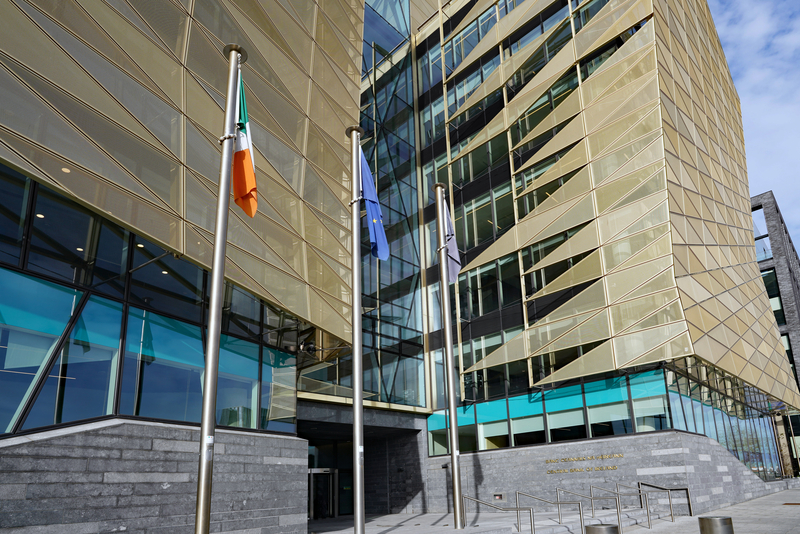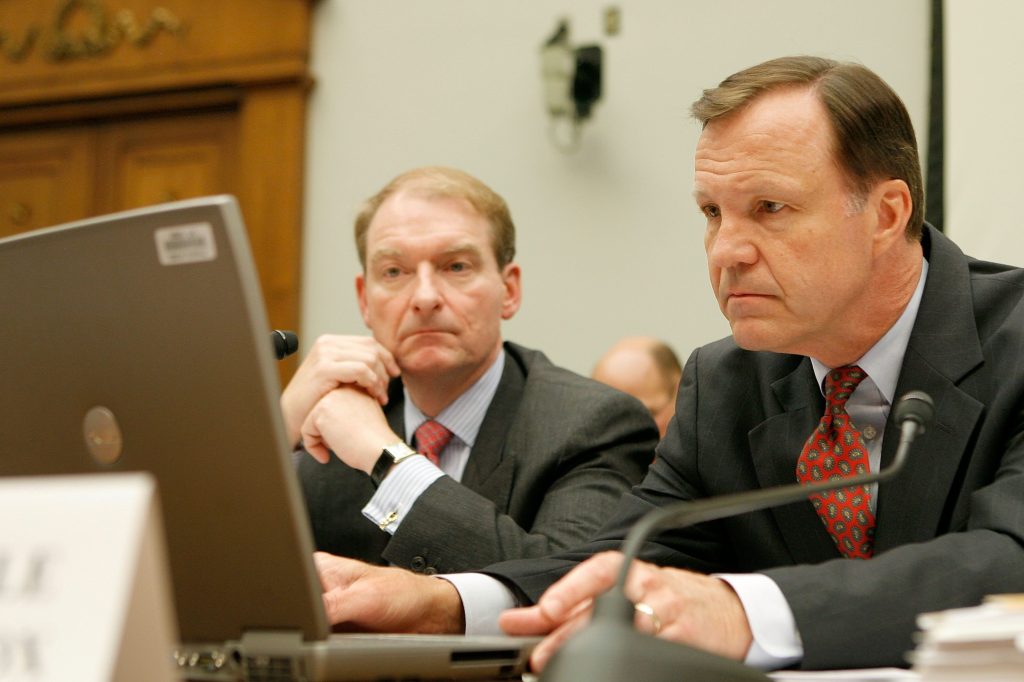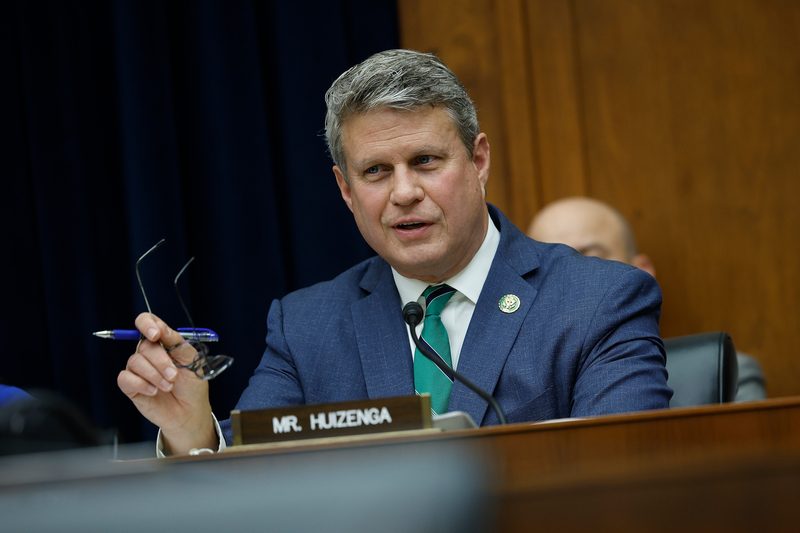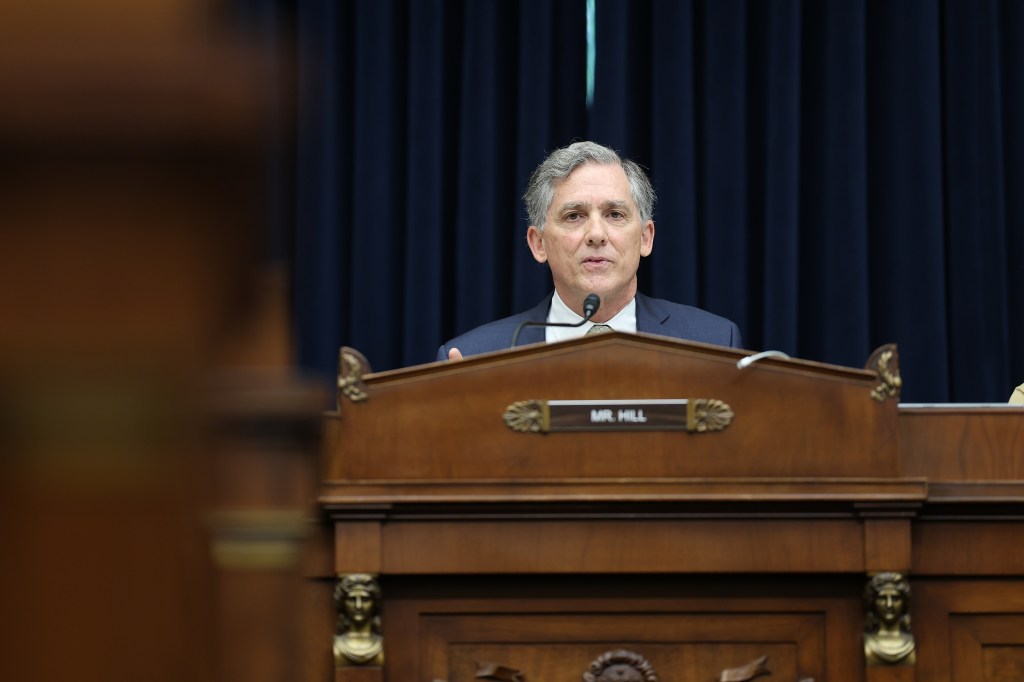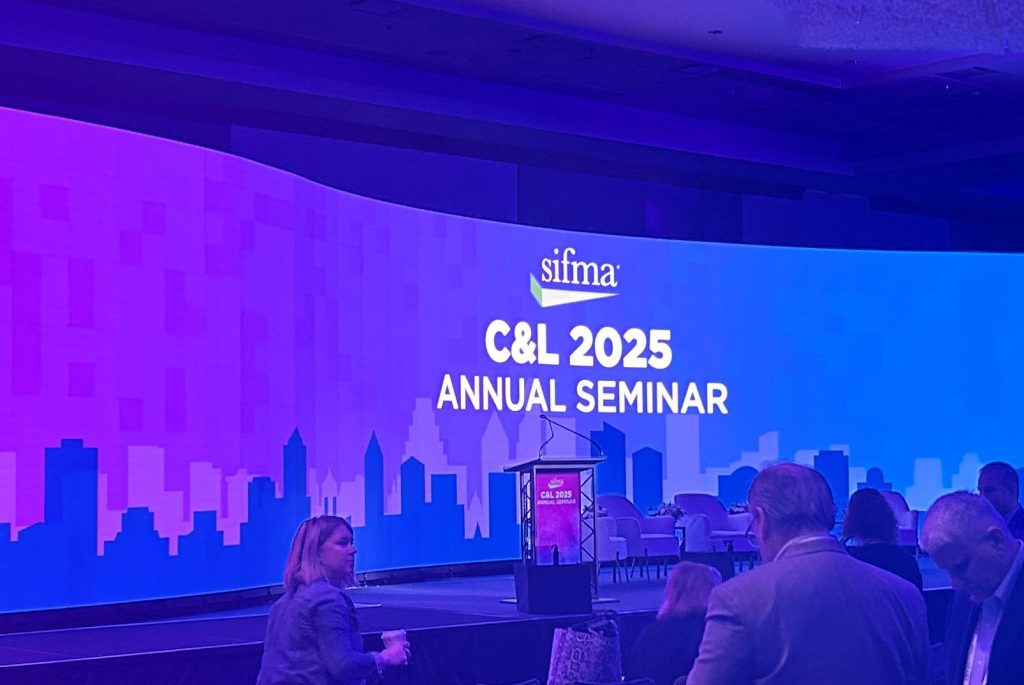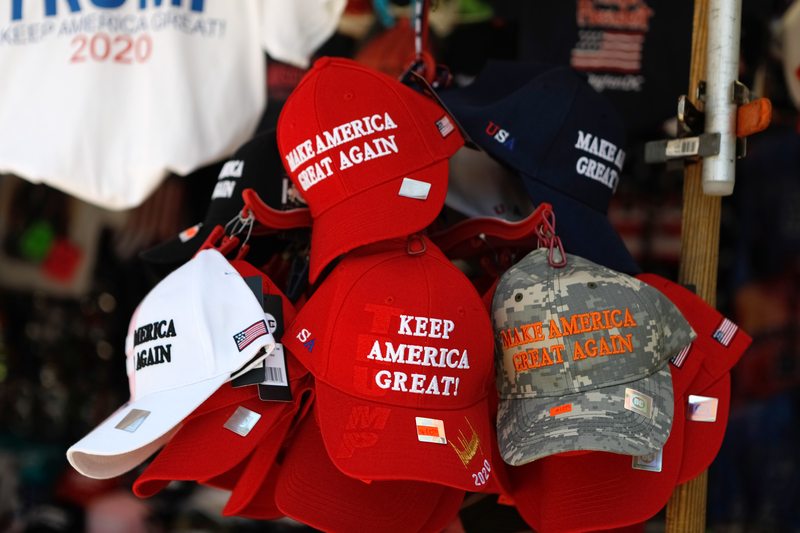14 January, 2025 by FT reporters
Last week Amazon announced plans to release a “behind the scenes” documentary about Melania Trump, produced by the incoming US first lady herself. The tech giant reportedly paid $40mn for the exclusive deal just weeks after it donated $1mn to her husband Donald Trump’s inauguration committee and committed to livestreaming the ceremony on its Prime service.
Before November’s presidential election, Amazon founder Jeff Bezos also cancelled plans for The Washington Post, which he owns, to endorse Trump’s Democratic rival. Shortly after the election, he spoke favourably about Trump’s “energy around reducing regulation” and made a personal pilgrimage to have dinner with the incoming president at his Mar-a-Lago estate.
Bezos’s rush to cosy up to the Trumps has been matched by corporate executives across America, as tech billionaires, financiers and the leaders of some of the US’s best-known consumer groups hurry to adjust to a more conservative zeitgeist in the wake of Trump’s election victory and the Republican sweep of both houses of Congress.
In a mirror image of the 2020 corporate rush to support social justice causes after the murder of George Floyd by a policeman, companies today are reshaping the way they interact with their customers, employees and society at large.
Some of the moves, such as the parade of CEOs visiting Trump in Florida, the donations, and the effort to do business with people in his inner circle, appear designed to curry favour with a man famous for attacking companies and executives he dislikes.
But the election has also accelerated a wider shift back to more conservative social and political stances and an embrace of unfettered capitalism.
Companies are scrapping diversity, equity and inclusion departments, cutting their support for racial diversity charities, and dropping out of climate change groups. They are also scrubbing anything that could be perceived as “woke” from public statements, corporate documents and advertising.
The election has empowered some top executives to start speaking out in favour of conservative policies, from tax cuts to traditional gender roles.
“There are conservative pressures in this political climate, and folks are just anticipating a change in the administration and . . . aligning their strategies with these expected policy shifts,” said Trier Bryant, a former DEI executive at Goldman Sachs and Twitter.
Last week, social media group Meta exemplified all the developments at once. It dropped its content moderation policies, added longtime Trump friend and Ultimate Fighting Championship chief executive Dana White to its board, shifted its chief diversity officer to a new role, and dropped its goals to boost racial and gender diversity among its managers and suppliers.
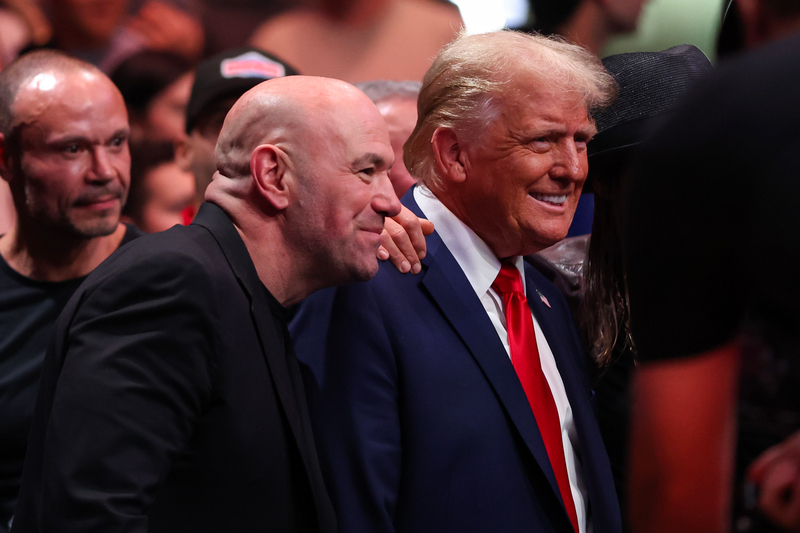
Founder Mark Zuckerberg later joined a podcast hosted by Joe Rogan, who backed Trump in the election, and lamented the rise of “culturally neutered” companies. “I think having a culture that celebrates the aggression a bit more has its own merits that are really positive,” Zuckerberg said.
Liberal politicians and investor activists are appalled. “Corporate caving to Trump is deeply distressing,” said Brad Lander, New York City comptroller and an advocate for sustainable investing. “We have seen too many examples through history. That, over time, is how democracy and fundamental rights are weakened.”
But companies, executives and analysts contend that the motives driving the changes are complex and reflect far more than a desire to pander to the incoming president.
The mood among their customers has changed, executives argue, and court rulings and state and federal regulatory probes, notably last year’s US Supreme Court ruling outlawing affirmative action in colleges, have undercut the footing of diversity and climate programmes.
For many, the new administration offers a welcome opportunity to roll back some of the tighter rules enacted during President Joe Biden’s administration and bend tax and regulatory policy in their favour.
David Solomon, the chief executive of Goldman Sachs, recently praised the incoming Trump administration for “running a growth-y playbook”.
“I am quite optimistic that this administration is going to run a very, very pro-growth agenda,” Solomon said at a Reuters event.
Tech leaders have made some of the highest-profile gestures towards Trump and conservative values in a pre-emptive effort to mend fences. Apple’s Tim Cook, Google’s Sundar Pichai and OpenAI’s Sam Altman all joined Meta’s Zuckerberg and Amazon’s Bezos in pledging $1mn to Trump’s inauguration fund, and Pichai also flew to Mar-a-Lago. Trump previously claimed Google was “rigged” to hide positive coverage about him.
“It is a statement of the lack of confidence and backbone of tech executives,” said Jeffrey Sonnenfeld, senior associate dean for leadership studies at the Yale School of Management. He described their contributions to Trump’s inauguration as a “tithing scheme” to the president-elect.
In the financial sector, the most visible shift since Trump’s election has been around climate change. All the major Wall Street banks and several big money managers have quit industry groups that seek to use their financial clout to cut carbon emissions.
BlackRock, the target of conservative state probes and lawsuits over its prior support for sustainable investing, explicitly cited legal and regulatory issues for its departure from the Net Zero Asset Managers initiative last week.
Even the way people on Wall Street talk and interact is changing. Bankers and financiers say Trump’s victory has emboldened those who chafed at “woke doctrine” and felt they had to self-censor or change their language to avoid offending younger colleagues, women, minorities or disabled people.
“I feel liberated,” said a top banker. “We can say ‘retard’ and ‘pussy’ without the fear of getting cancelled . . . it’s a new dawn.”
Some Wall Streeters also feel able to embrace making money openly, without nodding to any broader social goals. “Most of us don’t have to kiss ass because, like Trump, we love America and capitalism,” one said.
Consumer-facing groups, meanwhile, have become increasingly careful to avoid seeming “woke”, less they trigger the kind of boycotts faced by Target and Bud Light over marketing that celebrated gay and transgender people. That backlash was under way well before the election.

But the shift to the right has been so rapid that some groups have been caught out. After the recent New Orleans terrorist attack, the chief executive of insurance group Allstate, Tom Wilson, drew a firestorm of criticism for saying “we need to be stronger together by overcoming an addiction to divisiveness and negativity”.
Conservative activists accused Wilson, whose company was sponsoring a high-profile American football game in the city, of minimising murder while pushing progressive causes. Allstate tried to explain that the statement “reflects a broader commitment to fostering trust and positivity in communities across the nation”.
The other big corporate shift has been on DEI efforts, particularly since the Supreme Court’s ruling against the use of race-based college admissions in June 2023. Companies including Harley-Davidson, Ford and Molson Coors began rolling back their corporate diversity in the months after the decision, and the trickle became a flood after Trump’s election victory.
Walmart stopped considering race and gender in granting supplier contracts, ended racial equity training for staff, and will not renew funding for the Center for Racial Equity, which it set up with a $100mn pledge after the Floyd protests. McDonald’s last week dropped percentage goals for women and non-white managers, ceased asking suppliers to sign a DEI pledge and said it would now refer to its diversity team as a Global Inclusion Team.
Both companies pointed to legal issues but also changing circumstances. McDonald’s cited “an evolving landscape”, while saying it was committed to inclusion. Walmart said its shifting approach showed “we are willing to change alongside our associates and customers who represent all of America. We’ve been on a journey and know we aren’t perfect, but every decision comes from a place of wanting to foster a sense of belonging.”
Consultants and other corporate advisers said the shifting landscape had also given companies a way to rethink or scrap environmental and diversity goals that they were not meeting anyway.
“They don’t want to be caught out promising and not delivering,” said Richard Edelman, who counsels corporate leaders as chief executive of Edelman, a public relations group. “Companies are still committed to diversity and they’re committed to inclusion, they just don’t want to guarantee outcomes.”
It is not clear whether the conservative turn will last any longer than the progressive positions companies put forward in 2020. Bryant, the former DEI executive who is now the chief executive of consulting firm Pathfinder, said many of the policy reversals seemed to be aimed at alleviating political scrutiny rather than substantive policy changes.
“Maya Angelou said, ‘When people show you who they are, believe them.’ When companies show you who they are, believe them as well,” she said.
Reporting by Brooke Masters, James Fontanella-Khan, Gregory Meyer, Taylor Nicole Rogers and Patrick Temple-West in New York and Tabby Kinder in San Francisco
© The Financial Times Limited 2025. All Rights Reserved.
FT and Financial Times are trademarks of the Financial Times
Ltd. Not to be redistributed, copied or modified in any way.

